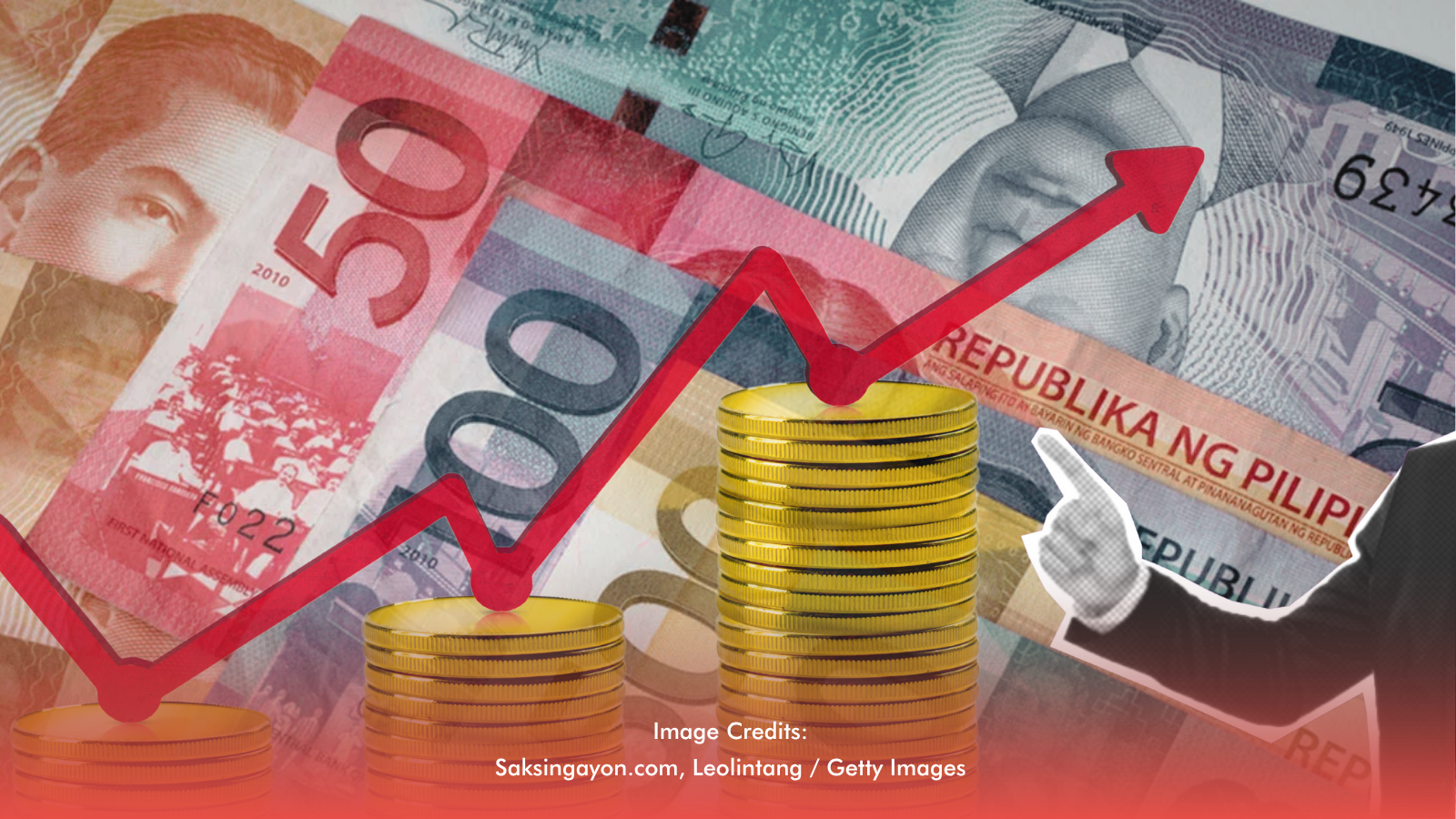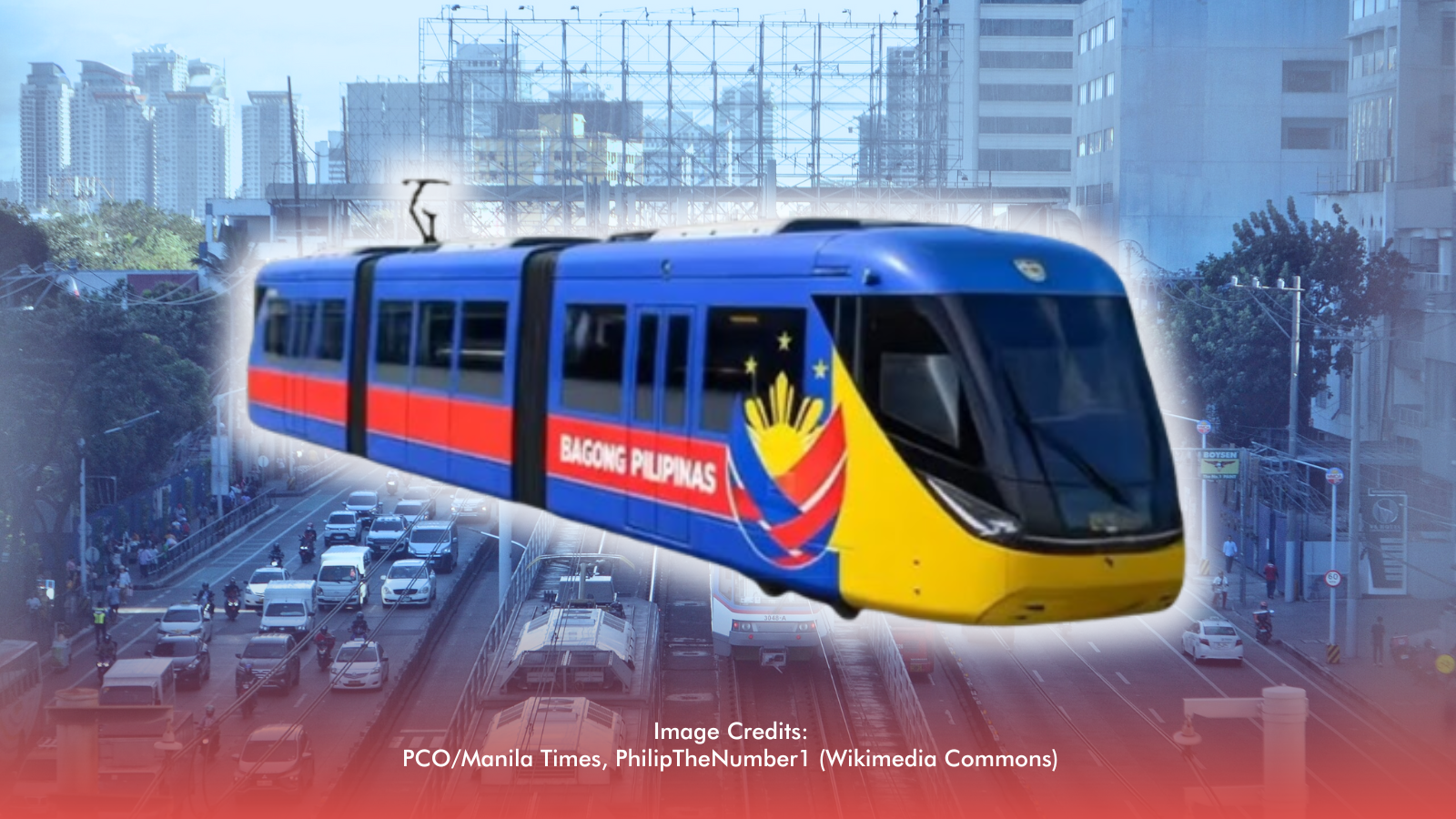Workers in Metro Manila will receive a ?50 increase in their daily minimum wage after the Regional Tripartite Wages and Productivity Board–National Capital Region (RTWPB-NCR) approved Wage Order No. NCR-26. The adjustment raises the minimum wage for non-agriculture workers from ?645 to ?695 per day, and for those in agriculture, retail, and service establishments with 15 or fewer employees–as well as manufacturing firms with fewer than 10 workers–from ?608 to ?658 per day.
The new rates take effect on July 18, 2025, benefiting approximately 1.2 million minimum wage earners in the region. It marks the largest single wage hike in NCR history and comes exactly a year after the ?35 increase that took effect in July 2024.
How the Pay Hike Was Determined
According to the National Wages and Productivity Commission, the ?50 increase was based on a review of current economic indicators, including a 5.9% growth in Metro Manila’s gross regional domestic product, 1.9% average inflation from January to May, and a 4% unemployment rate. For workers, this increase translates to roughly ?1,100 in additional monthly income for a five-day workweek, or around ?1,300 for those working six days.
The board conducted consultations and evaluated wage petitions before reaching its decision. While the wage order includes provisions for exemptions for distressed micro-enterprises and businesses affected by calamities, the aim is to provide broad relief amid rising living costs.
Mixed Reactions from Labor and Employers
Labor groups, including SENTRO and Partido Manggagawa, criticized the increase as insufficient, calling it “tokenistic” and far below the estimated ?1,200 to ?1,300 daily living wage needed by a family of five in Metro Manila.
They denounced the P50 wage hike, saying it is “the biggest alms given to workers amid the rising cost of living in Metro Manila.” They emphasized that the new rates fail to bridge the widening gap between nominal wages and basic household needs.
On the other hand, employers’ groups such as the Employers Confederation of the Philippines and the Philippine Chamber of Commerce and Industry expressed concern over the impact on small and micro enterprises. They warned that rising labor costs could lead to higher consumer prices and reduced hiring capacity, particularly among struggling businesses.
Despite the debate, the wage hike is part of a broader effort to regularly reassess regional wages in response to economic shifts, as directed by President Ferdinand Marcos Jr. Discussions also continue in Congress regarding proposals for a legislated nationwide wage increase.








